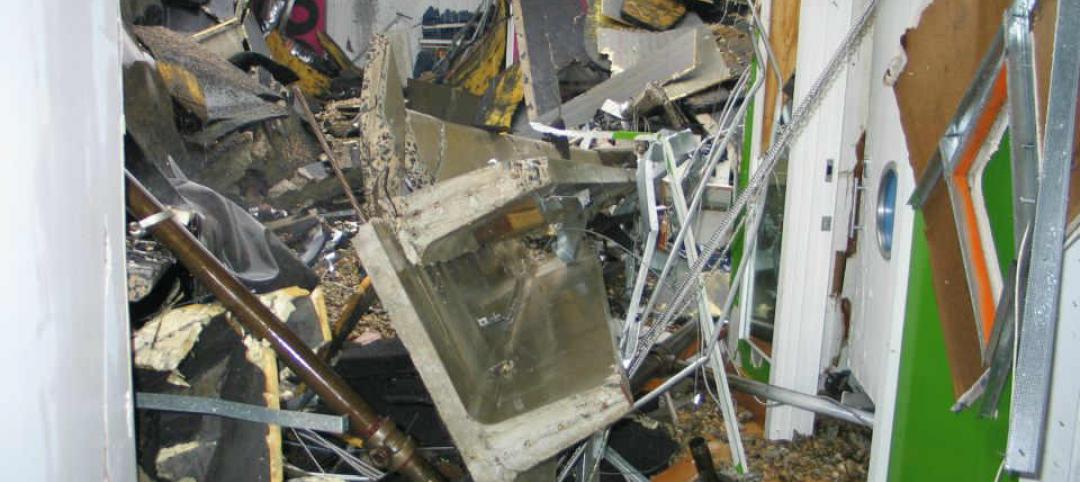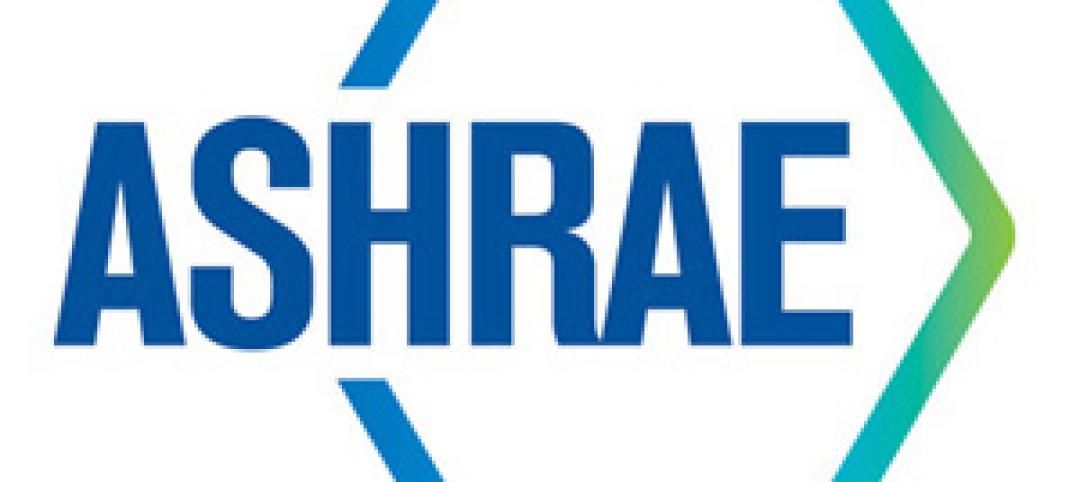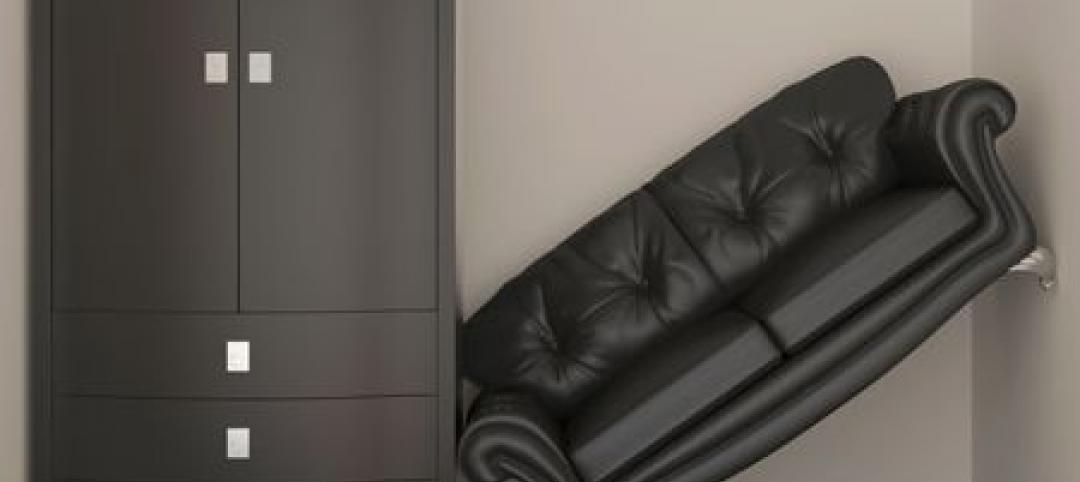The U.S. Department of Housing and Urban Development (HUD) released new guidance clarifying the responsibilities of rental housing providers and renters for reasonable accommodation requests for emotional support animals in housing.
The National Multifamily Housing Council (NMHC) and the National Apartment Association (NAA) released a statement in support of HUD’s move. “The apartment industry strongly supports the rights of persons with disabilities to make reasonable accommodation requests so they may have equal opportunity to use and enjoy a dwelling,” according to the news release.
“However, a lack of clarity in the law currently governing emotional support animals allows for abuse and imposes an unfair burden on property owners. This undermines the intent of the Fair Housing Act to help those truly in need of an emotional support animal.”
HUD’s announcement of the new guidance reads: “A person with a disability that affects a major life activity may require the assistance of an animal that does work, performs tasks, or provides therapeutic emotional support because of the disability. Housing providers may confirm, if it is not apparent, whether the requested accommodation is needed because of a disability that affects a major life activity and is a reasonable request.”
Before the new guidance was issued, it was often difficult for owners and operators to determine legitimate requests from illegitimate ones, the joint statement says.
Related Stories
| Aug 2, 2012
Greenbuild summit will focus on greening affordable housing
A two-day summit focused on green building in the affordable housing market will be held Nov. 13 - 14, 2012 in San Francisco, Calif. at the Greenbuild International Conference & Expo.
| Aug 2, 2012
More than 250 downtown El Paso, Texas buildings don’t meet safety codes, says city’s fire department
A total of 726 buildings were inspected for unsafe conditions, and 266 did not meet safety codes, while 112 buildings were found to be vacant and needed further inspection.
| Jul 26, 2012
Wisconsin may establish stormwater storage requirement for green roofs
Green roofs and other green infrastructure would be required to capture stormwater under a draft state wastewater discharge permit from the Milwaukee Metropolitan Sewerage District.
| Jul 26, 2012
SouthPark Mall in Charlotte reopens after heavy rains collapse part of its roof
Code enforcement officials in Charlotte, NC gave the okay for the SouthPark Mall to reopen after two parts of its roof collapsed following heavy rains last week.
| Jul 26, 2012
New NRCA photovoltaic roof systems guidelines released
The National Roofing Contractors Association’s update of its Guidelines for Roof Systems With Rooftop Photovoltaic Components is now available.
| Jul 26, 2012
DOE/ASHRAE design guide aims to cut energy use at hospitals, schools, retail stores
The Advanced Energy Design Guidelines from the Department of Energy and the American Society of Heating, Refrigerating and Air Conditioning Engineers aims to provide ways for hospitals, schools, and large retail buildings to trim their energy consumption by 50%.
| Jul 19, 2012
Bayview Property Managers agrees to record $800,000 building code fine
A San Francisco property-management company has agreed to pay a record $800,000 civil fine for hundreds of building code violations at rental properties.
| Jul 19, 2012
Glass ‘biodome’ helps Parkview Green FangCaoDi project in Beijing achieve LEED Platinum
A glass envelope acting as a kind of biodome encapsulates four mixed-use towers at Parkview Green FangCaoDi, an 800,000 sf mixed-use development in Beijing. The glass structure helped the development to achieve LEED Platinum certification.
| Jul 19, 2012
UMass-Boston's Bevington: 'Financing alternatives crucial to energy-efficiency upgrades'
It’s conceivable that innovation in project finance can do for building efficiency in the coming century what 30-year mortgages did for home ownership in the last, this article asserts.
| Jul 19, 2012
NYC eases building code to create ‘micro apartments’ in Kips Bay
New York City has implemented a program to encourage construction of "micro-apartments" in the Big Apple, where rents are exorbitant and the number of singles is on the rise.
















